Dutch Wednesday 2017
- Previous lectures:
- November 29 2017, Prof. Dr. Rudi Westendorp
- October 11 2017, Prof. Dr. M. Bartels, Vrije Universiteit Amsterdam
- September 13 2017, Prof. Dr. I.E.C. Sommer, Utrecht University
- May 17 2017, Prof. Dr. E. Rutten, Universiteit van Amsterdam
- April 19 2017, Prof. Dr. L.W. Nauta, Rijksuniversiteit Groningen
- March 1 2017, Pauline Kruseman
This lecture series has been developed with the financial assistance of the Wilhelmina E. Jansen foundation.
Previous lectures:
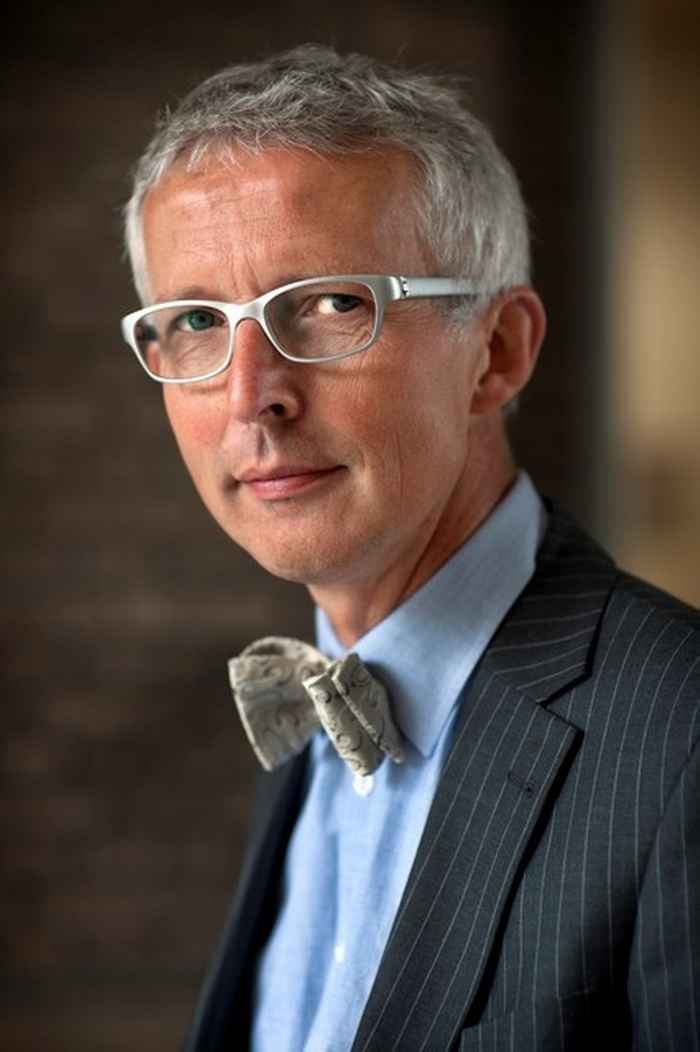
November 29 2017, Prof. Dr. Rudi Westendorp
Growing Older Without Feeling Old
Over the last century we have witnessed a revolution in the field of ageing. Less than one hundred years ago, the average Western life expectancy was 40 years. Nowadays, it has increased to 80 years. And there is no end in sight: the first person who will reach the age of 135 had already been born. Definitely, this is the most radical change in our societies since industrialisation.
During his lecture, Professor Rudi Westendorp will explore the causes of the ageing revolution and the many questions that are being raised because of it. He will explain how we can greet this revolution with confidence, and enjoy leading longer, healthier, and more productive lives than ever before.
Rudi Westendorp is professor of Medicine at Old Age at the Copenhagen University, Denmark. He was full professor at the Leiden University Medical Center, and chair of the department of old age medicine (2000-2014). He is one of the world’s most renowned experts in geriatric medicine, and his book Growing Older Without Feeling Old (2014) has become a bestseller which has been translated into nine languages.
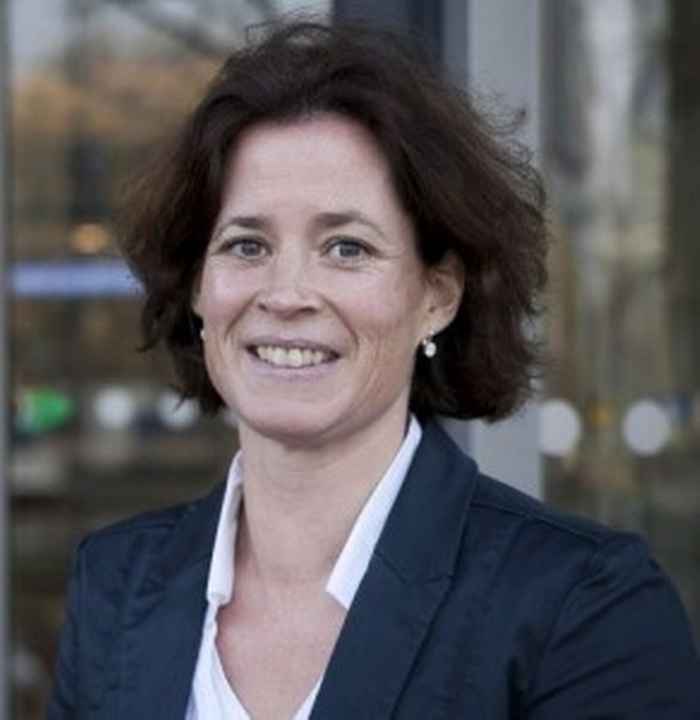
October 11 2017, Prof. Dr. M. Bartels, Vrije Universiteit Amsterdam
Differences in happiness among people; how can we explain them?
Happiness and well-being have emerged as important study subjects within and across many fields of research. A major driving force behind this is the association with physical and mental health and its pivotal role in socioeconomic issues and economic development. With the increased interest in the importance of well-being it is critically important to understand and reveal sources of individual differences.
In this lecture Prof. Dr. Meike Bartels will present her work on happiness and well-being that describe the complex interplay of genetic and environmental factors. She will present the current state of art within the field of behavioral and molecular genetic research into well-being, including twin-family studies and molecular genetic findings. She will furthermore explain the importance of her findings for individuals and the society at large.
Meike Bartels is Professor “Genen en Geluk” (Genetics and Wellbeing) at the Vrije Universiteit (Amsterdam). She has been recognized as one of the University's top researchers, is part of the University Research Chair of the VU and works closely together with the Dutch registry for twins.
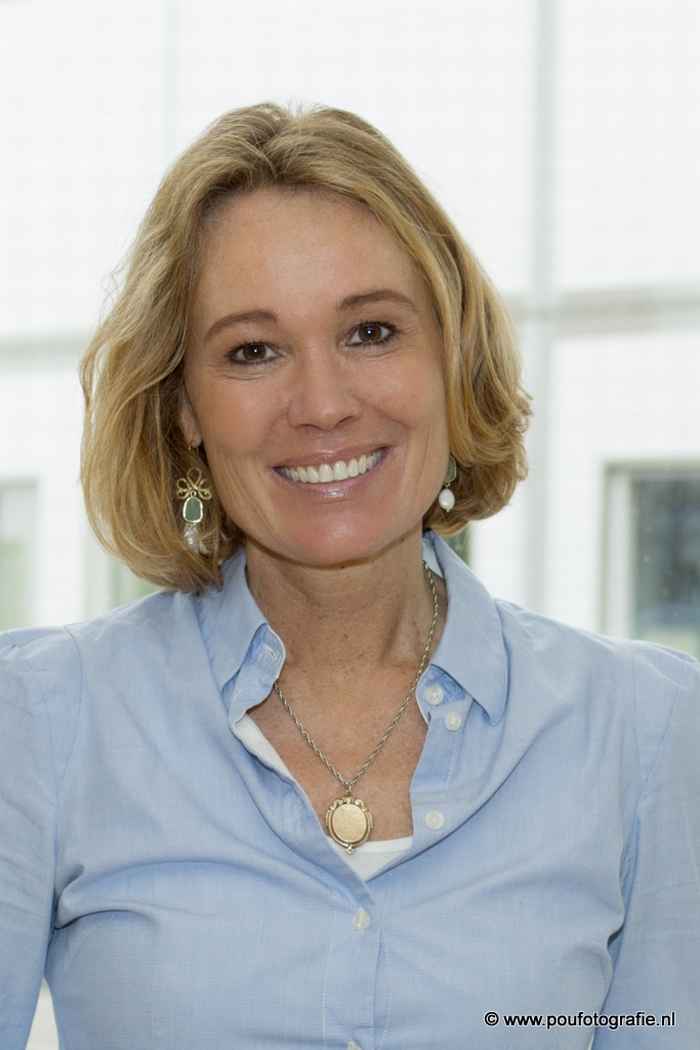
September 13 2017, Prof. Dr. I.E.C. Sommer, Utrecht University
Perception and Truth
The first lecture will be delivered by Prof. Dr. Iris Sommer, who will adress the concepts of perception and truth. What we perceive and how we perceive it is the result from an intricate collaboration between our sense organs and our brain. Only small aspects of our surrounding are entered to conscious perception, with emphasis put on contrast, unexpected objects and movement. From there, we interpret these selected fragments on the basis of previously learned associations, using likelyhoods to guess the whole picture. What results is a strict subjective perception of the world, heavily biased towards expectations and previous experience. If we realize how subjective our world view really is, it helps overcome different views.
Iris Sommer is Professor Psychiatry at the University Utrecht and was elected a member of the Young Academy of the Royal Dutch Academy of Arts and Science (DJA of KNAW). She is an invited member of AcademiaNet, making her one of the 500 leading women in sciences and putting her on the same list with the organization's chair Angela Merkel.
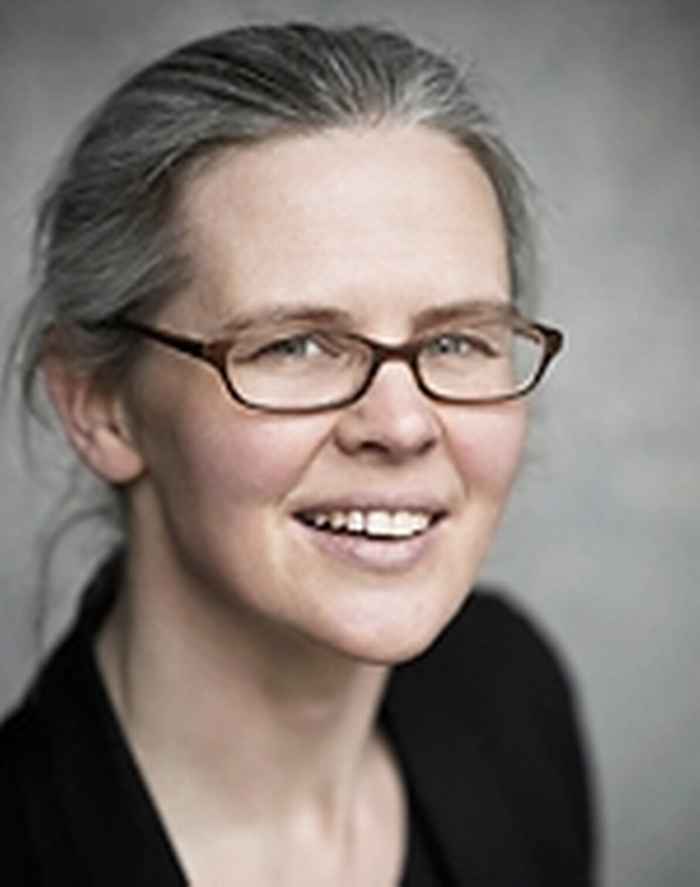
May 17 2017, Prof. Dr. E. Rutten, Universiteit van Amsterdam
Sincerity after Communism
In present-day public discourse, concerns about the sincerity of individuals, institutions, and cultural objects thrive. To what extent does the philanthropy of Zuckerberg and other Internet billionnaires spring from sincere social commitment, and to what extent does it boil down to mere commerce-driven media manipulation? Do Danish arthouse films signal a move away from postmodern sarcasm to a cinematographic “neo-sincerity” or is full-fledged sincerity today impossible in art? Is opposition blogger Aleksei Navalny driven by genuine political engagement, is he introducing a public “new sincerity” that is primarily career driven, or is he doing both at the same time? Prof. Dr. E. Rutten studies the cultural practice of a 'new sincerity' in literature, media, art, design, fashion, film, and architecture -- as a global practice, but with special attention for post-communist Russia.
Ellen Rutten (1975) is Full Professor of Literature, with a special focus on Slavic Literatures, at the University of Amsterdam and leader of the research project Sublime Imperfections: Creative Interventions in Post-1989 Europe, which is funded by the Netherlands Organization for Scientific Research. Rutten is author of Unattainable Bride Russia (Northwestern University Press, 2010), Memory, Conflict and New Media (Routledge, 2013, with Julie Fedor and Vera Zvereva) and Sincerity After Communism (in print). She is co-founder and was editor (2008-2015) of new-media journal Digital Icons. From January 2016 onwards, Rutten is editor-in-chief of the journal Russian Literature.
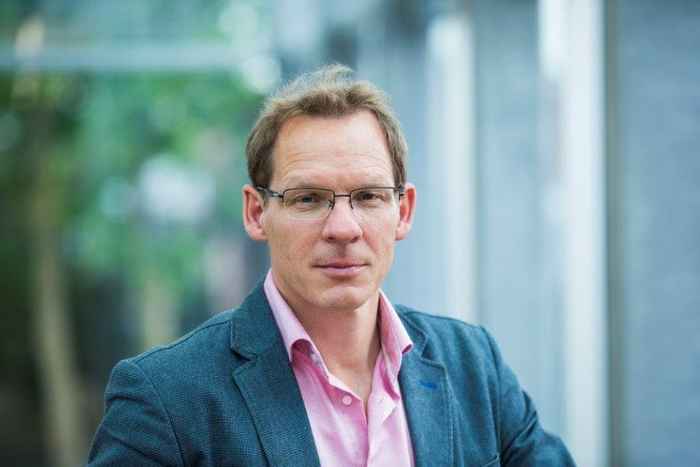
April 19 2017, Prof. Dr. L.W. Nauta, Rijksuniversiteit Groningen
The Transformation of the Medieval World View: The Contribution of Renaissance Humanism
Renaissance humanism is one of the formative traditions of modern Western civilization, but often ignored by historians of philosophy. They believe that Renaissance humanists were primarily orators and men of letters rather than philosophers. As one prominent scholar said: “the Italian humanists on the whole were neither good nor bad philosophers, but no philosophers at all”. In this lecture Prof. Lodi Nauta will assess this interpretation. It is true that humanists were no philosophers in the modern sense of the word. However, their critique of the medieval world view was an essential preparatory step for the rise of the new science and new philosophy of the 17th century. In addition, the humanists' studies of the heritage of Classical Antiquity helped these early-modern thinkers and scientists to formulate new theories of the world. Prof. Nauta will thereby give an answer to the main question of the lecture of April's Dutch Wednesday: ‘What place does Renaissance humanism occupy in the history of Western philosophy?’
Lodi Nauta is Professor in the History of Philosophy and Dean of the Faculty of Philosophy of the University of Groningen, The Netherlands. He is the recipient of the Spinoza Prize 2016, the highest award in Dutch science. He is Fellow of the Netherlands Royal Academy of Arts and Sciences, and was visiting professor at Villa I Tatti, the Harvard University Center for Italian Renaissance Studies in Florence in 2008. He is the author of several books and articles on the history of philosophy; his book on the Italian humanist Lorenzo Valla, published by Harvard University Press in 2009, was awarded two Best Book Prizes.
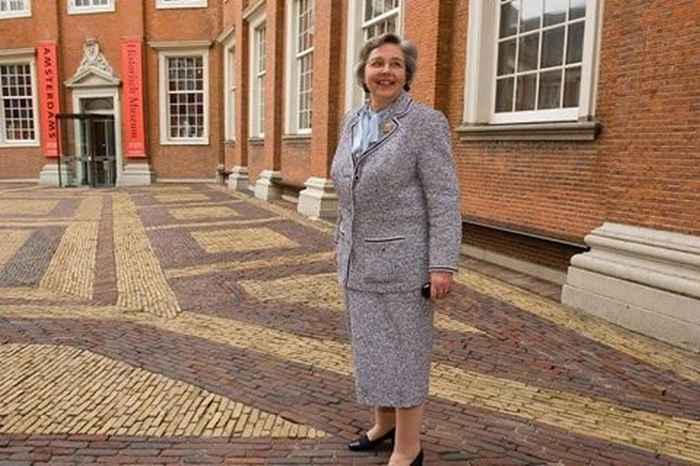
March 1 2017, Pauline Kruseman
On March 1 2017, Pauline Kruseman, a Dutch museum expert and the former director of the Amsterdam Historical Museum, will visit the Netherlands Institute in Saint Petersburg. As a special guest speaker of our Dutch Wednesday program, Pauline Kruseman will give a lecture on the History of Amsterdam. Ms. Kruseman has fulfilled multiple highly esteemed and respected positions both within and outside of the Dutch museum world. From 1971 to 1991 Ms. Kruseman held the post of business director and deputy director of the Royal Institute for the Tropics (the ‘Tropenmuseum’), after which, in the period of 1991 to 2009, she worked as the director of the Amsterdam Historical Museum. Under the leadership of Ms. Kruseman, the Amsterdam Historical Museum expanded its museum with a new storage facility. Kruseman is very well known as one of the most experienced and most competent actors within the museum sector, besides which she has also gained a significant degree of respect in other subsets of the cultural sector. Not only has she established an impressive 37-year long service record of experience as director for museums, she also has fulfilled the position of chair for the National Committee of the 4th and 5th of May and enjoys membership of the supervisory board of the Anne Frank Foundation.